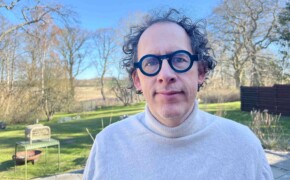Universitetsavisen
Nørregade 10
1165 København K
Tlf: 35 32 28 98 (mon-thurs)
E-mail: uni-avis@adm.ku.dk
In a few years time, and with an AI model under development at the Faculty of Law, we can predict how religion, nationality or education can influence the outcome of an asylum case. The aim is to prevent bias in case processing.
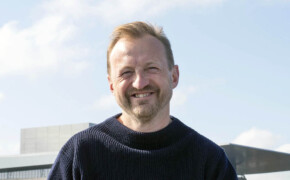
Major health project to uncover how environment, lifestyle and genetics influence cardiometabolic disease risk.
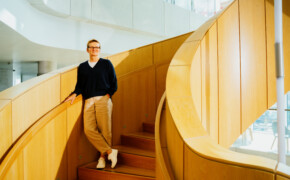
Morten Stensgaard Larsen does research on Danish literature at the University of Washington in the US, where the new political reality has led to self-censorship and uncertainty on campus.
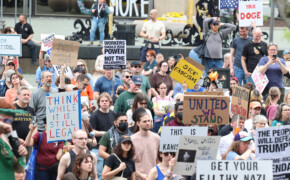
University of Copenhagen shuts down Faculty of Humanities classrooms after new mould findings, with students moved online for final weeks of semester.

Despite the University of Copenhagen’s pledge to halve its climate footprint by 2030, new data show that progress is far from on track. Twenty-two out of 58 units are not meeting targets to reduce emissions from air travel.

All personal effects — apparently also including whiteboards and room dividers — were removed from UCPH prayer rooms on 3 April. What remains is something that resembles a stark monastic cell — and that may well be the point.
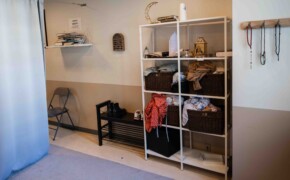
As the new student ambassador, Majken Rønnow Jensen will help students find their way through rules, complaints, and student life challenges.
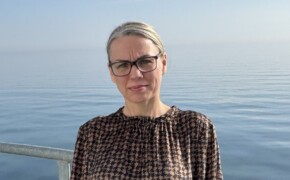
At Columbia campus, students are constantly on edge — and at the University of California, they’re warned not to leave the country. Two Danish students on what it’s like to be in the US right now.
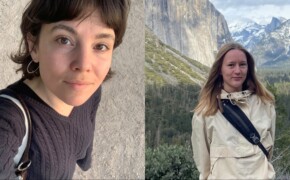
The recipient of the 2025 Sonning Prize, French chemist Hervé This, has helped transform our understanding of food. His innovative approach to food preparation bridges scientific disciplines — and he hopes his methods can help prevent future hunger.

